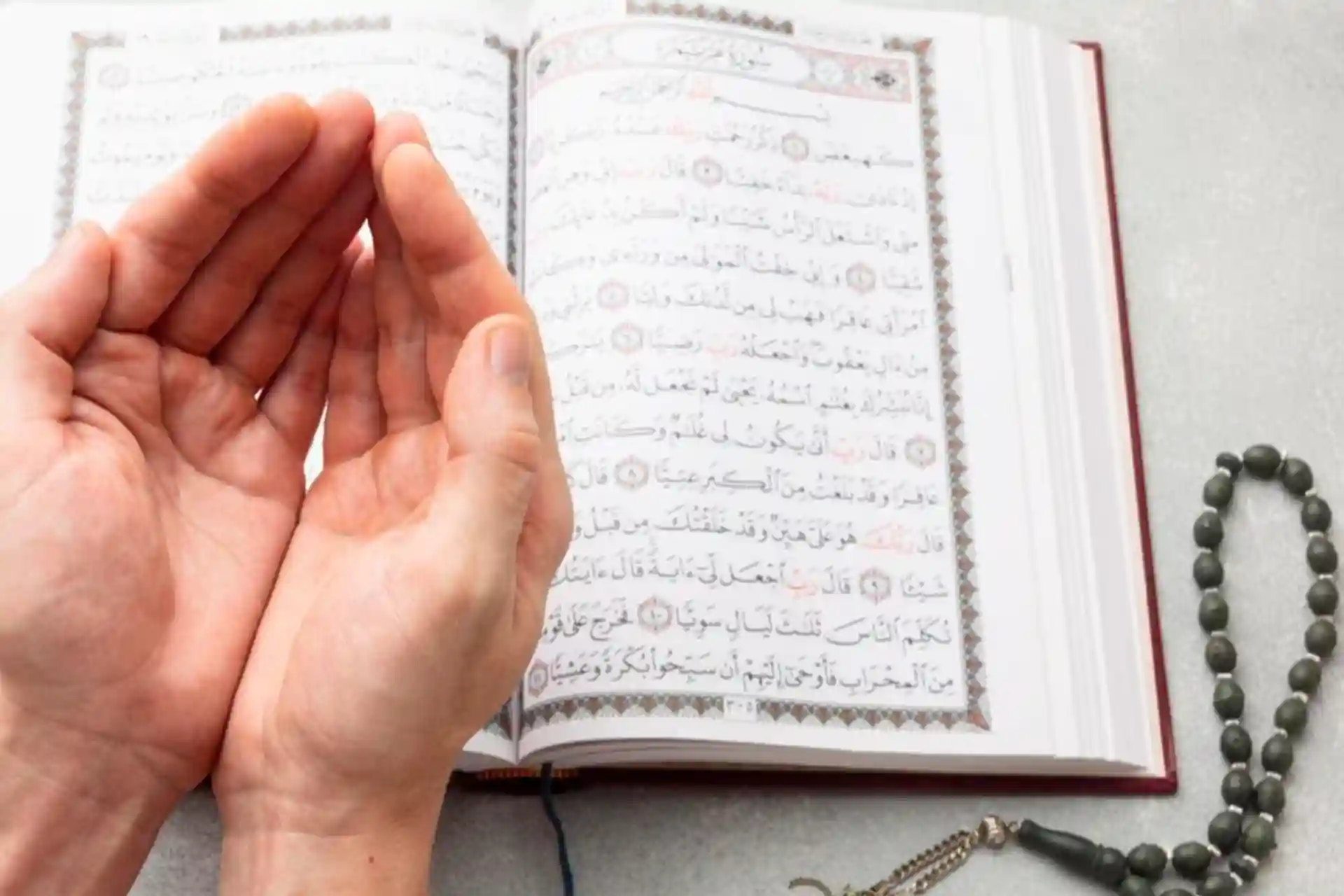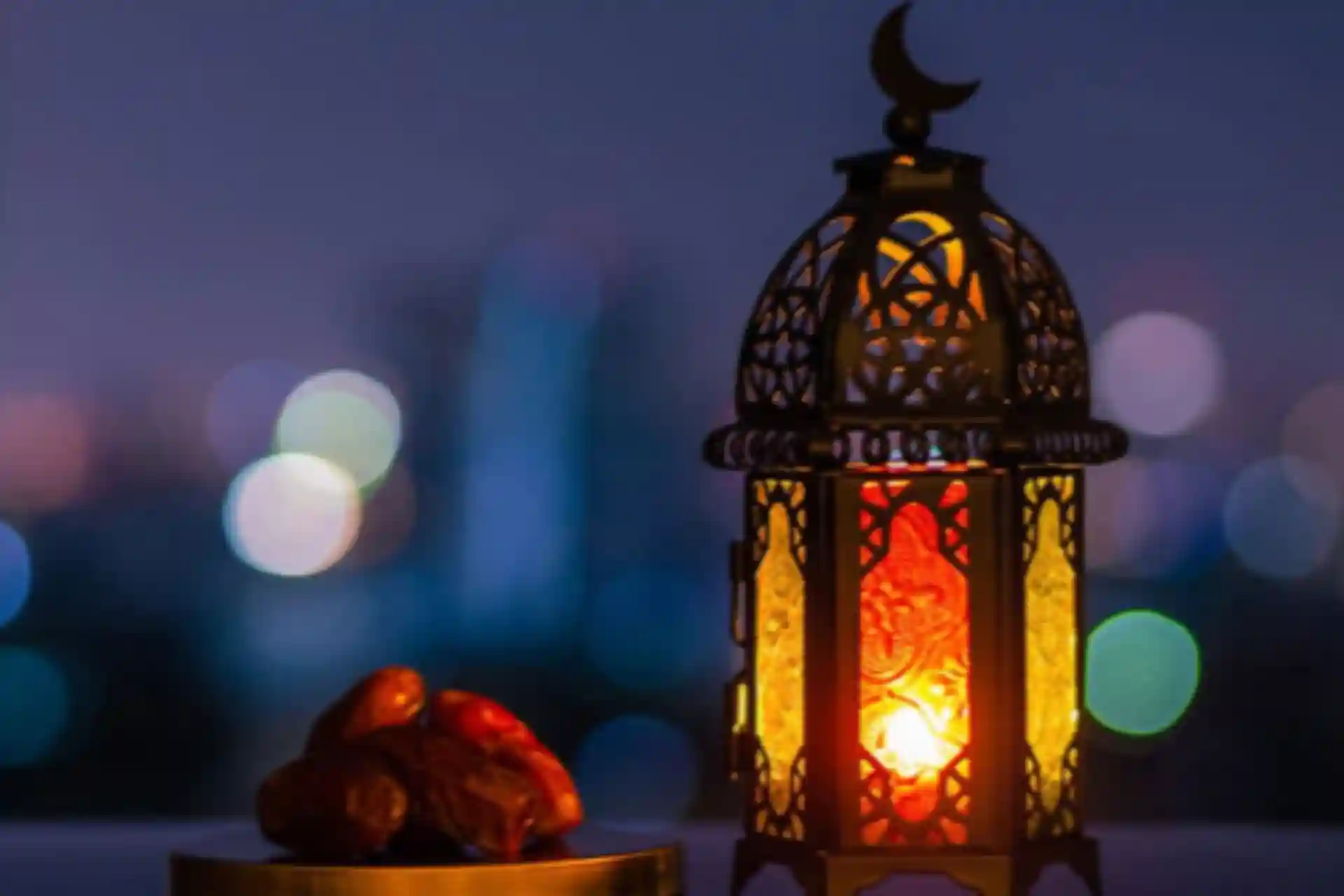Times when prayers are answered in Ramadan
Duas can be made at any time during the month of Ramadan and Allah Ta'ala will accept them. However, there are times in this month, when prayers are addressed to the Creator, the probability of receiving prayers increases.
Ramadan is a month of unlimited blessings and purification from sins. In the month of Ramadan, supplicating to Allah with prayers is one of the most important prayers of a believer. The Creator will certainly forgive the sins of His servants who perform prayers that bring them closer to God in Ramadan.
One of the best and most effective actions in this month is to pray. Therefore, it is necessary to pray to Allah as much as possible in the month of Ramadan.
When a believer prays, he receives a great reward for his prayer, along with other benefits, because Allah does not reject the prayers of those who fast during the holy month of Ramadan. Therefore, in this month, each of us should often turn to Allah with prayers.
Duas can be made at any time during the month of Ramadan and Allah Ta'ala will accept them. However, there are times in this month when prayers are addressed to the Creator, and the chances of receiving prayers increase significantly:
1. When the mouth is closed
Dua should be recited day and night, because the whole month of Ramadan is a month of dua. However, the dua of those who fast for the sake of Allah will be accepted, because the dua of fasting is not rejected.
It is narrated from Abu Hurairah, may God be pleased with him: The Messenger of God, may God bless him and grant him peace, said:
"The prayers of three people will not be answered: the prayer of a fasting person before he breaks his fast, the prayer of a just ruler, and the prayer of an oppressed person." (Imam Ahmad, 8043; Ibn Majah, 1752; Tirmidhi, 3598; Ibn Hibban, 3428).
Imam Nawawi writes about this in his book "Al-Majmu' Sharhul Muhazzab":
"It is recommended that a fasting person prays while fasting and asks Allah Almighty about the important affairs of the hereafter and the world. He can even ask for the needs of all his loved ones and all Muslims besides himself. In fact, in a hadith narrated by Abu Huraira, the Messenger of Allah, may God bless him and grant him peace, said:
They said: "The prayers of three people will not be answered: the prayer of a fasting person until he breaks his fast..." This hadith was narrated by Tirmidhi and Ibn Majah, and Tirmidhi called it a hasan hadith.
It is understood from the hadith that it is appropriate for a fasting person to pray from the beginning to the end of the day, because a person is considered to be fasting during this time (the whole day during the day).
2. Until dawn
It is narrated from Abu Hurairah, may God be pleased with him: The Messenger of God, may God bless him and grant him peace, said:
"Our Lord, blessed and exalted, descends to the sky of this world every night when the last third of the night is left. Then he says: "Whoever prays to Me, I will answer him? Who asks Me, I will give him what he asks for? Whoever asks Me for forgiveness, I will forgive his sins." (Bukhari, 7494; Muslim, 758).
This hadith is only in the form given by Muslim:
"... and it will continue until dawn," it says.
3. Iftar time
It is narrated from Abdullah bin Amr bin Al-As, may God be pleased with him: I heard the Messenger of God, may God bless him and grant him peace, say:
"Surely there is such a supplication that if the fasting person repents to Allah with it while breaking the fast, it will not be rejected." Ibn Abu Mulaika, who narrated this hadith on the authority of Abdullah ibn Amr, adds that he heard Abdullah say the following while breaking the fast:
"O Allah, I ask You to forgive me with Your all-encompassing mercy." (Ibn Maja, 1753; Ibn al-Sunni, "Amal al-yawmi wa al-layla", 481)
At the time of breaking the fast, the believer is hungry, thirsty and weak, he realizes how weak he is, and the supplication he makes humbly in his heart is more likely to be accepted.
4. On the night of Qadr
Like any prayer, turning to Allah with duas on this night is equivalent to praying for a thousand months. Imagine the power of such a prayer! On this blessed night, angels descend to the earth, surround the believers and repeat "Amen" after each of their prayers.
It is narrated from Aisha, may God be pleased with her:
"O Messenger of God! Tell me, what would I say if I knew the night of Laylat al-Qadr? I said.
"Allah! Indeed, You are Oft-Forgiving and Merciful. You love forgiveness. So, forgive me,'' they said. (Imam Ahmad, 35497; Ibn Majah, 3850; Tirmidhi, 3513; An-Nasai, "Amal al-yawmi wa al-layla", 876).
5. After finishing reading the Qur'an
Ramadan is the month of the Quran. The righteous predecessors emphasized reading the Qur'an in this month and paid more attention to this prayer than at other times.
Therefore, it is recommended that we read the Qur'an as often as possible in the month of Ramadan, and at the end of reading the Qur'an (khatm), we can turn to Allah with prayers for all the best for ourselves and our families, relatives and friends.
It is narrated from Sabit, may God be pleased with him:
"When Anas ibn Malik, may God be pleased with him, was about to finish reading the Qur'an, he gathered his family members and prayed for them." (Tabarani, "Al-Mu'jam al-kabir", 674; Ad-Dorimi, 3517).
At this moment, there is no barrier between a believer's prayer and God's mercy. It is narrated from Irboz ibn Sariya, may Allah be pleased with him:
The Messenger of Allah, peace and blessings be upon him, said:
"The prayer of the one who has read the entire Qur'an will be accepted." (Tabarani, "Mujm al-kabir", 647).
In the month of Ramadan, when praying to God, a believer should strive hard, pray more and ask for the most important things. Of course, all the things asked should be useful deeds for our hereafter.
Prepared by Abdulkadir Mahmud



